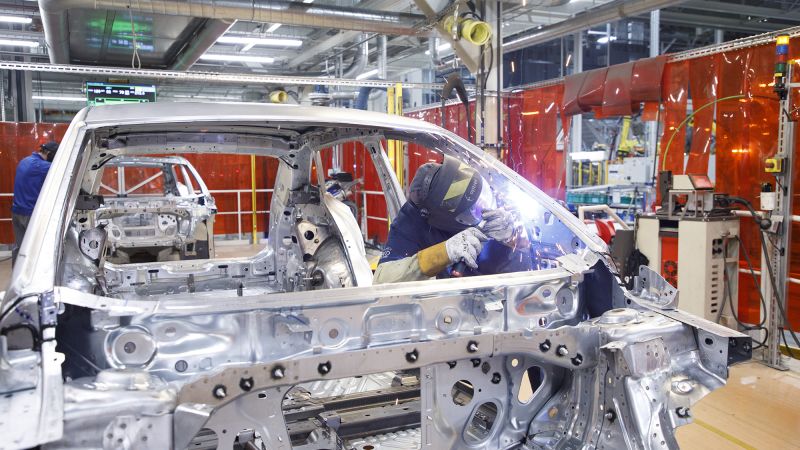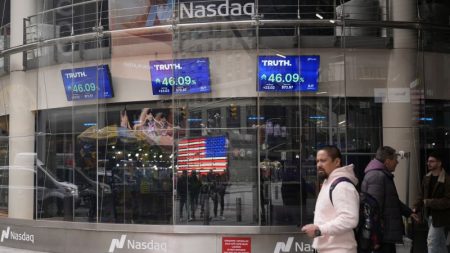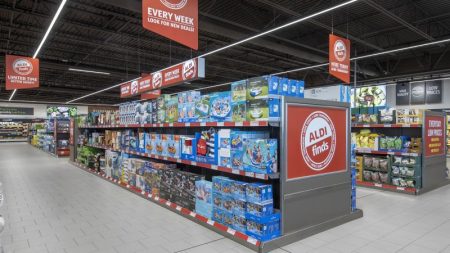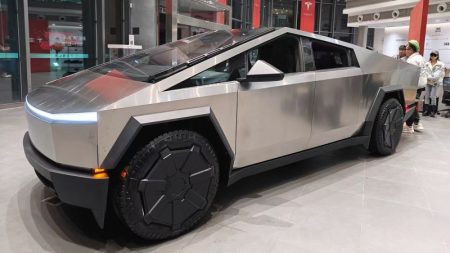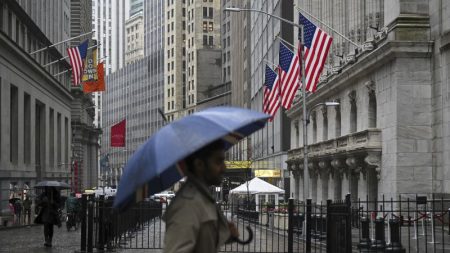Renee Berry has been working at the Volkswagen plant in Chattanooga, Tennessee since it opened in 2010. Despite her past experiences with her co-workers twice voting against joining the United Auto Workers union, Berry believes the upcoming third vote will be different. There is a shift in the atmosphere with more pro-union workers than before, and many former anti-union workers have changed their stance. The vote at the Volkswagen plant represents more than just membership in the UAW for the 4,300 hourly workers in Chattanooga; it could potentially spark a revolution in the US auto industry, as it would be the first new automaker to unionize in nearly 50 years.
The US auto industry is currently split between unionized and nonunion workers at factories. Unionizing the Volkswagen plant would be a significant win for unions, especially in the South, where organizing has historically been challenging. The previous votes at the plant saw close results, with 52% voting against joining the union in the latest vote in 2019. However, with the plant’s workforce more than doubling and many new, younger workers joining, there is hope among union supporters for a different outcome this time. Opponents are unsure of the potential outcome, considering the changing dynamics and the current state of the UAW.
The UAW’s negotiation success with record wage increases at other automaker plants and the recent strike at GM, Ford, and Stellantis have boosted the union’s credibility among workers. Despite Volkswagen matching the Big Three’s contracts with its own raise, workers like Berry feel that the UAW deals offer better benefits and pay. This realization has influenced many workers at the Volkswagen plant to consider the potential benefits that a union could bring to their financial security and overall well-being. The recent strikes and contracts have shown workers what could be achieved through union representation.
The neutrality of the company in the election is a rare stance in union representation elections, where management often lobbies against unions. The influence of unions in Germany, where Volkswagen originates, may also play a role in the current organizing efforts. The UAW has plans to organize workers at several other nonunion automakers across the country, with the potential for significant impact on the auto industry. Winning the vote in Chattanooga could be a crucial step in building momentum for broader organizing efforts and future contract negotiations.
The vote in Chattanooga is closely watched by various stakeholders in the auto industry and labor movement, as well as politicians across the South. The potential unionization of the Volkswagen plant has sparked concerns among Republican governors in Southern states about the impact on job opportunities and investments. President Biden’s support for the UAW has also become a contentious issue among workers, with some feeling uneasy about union dues potentially supporting political figures they do not favor. The outcome of the vote could have far-reaching implications for the future of union representation in the auto industry.
Overall, the union vote at the Volkswagen plant in Chattanooga symbolizes a crucial moment in the ongoing efforts to organize workers in the US auto industry. The shifting dynamics, changing attitudes among workers, and external influences from political figures and unions all play a role in determining the outcome of the vote. Regardless of the result, the implications of the vote extend beyond just membership in the UAW, potentially reshaping the landscape of labor relations in the auto industry for years to come.





